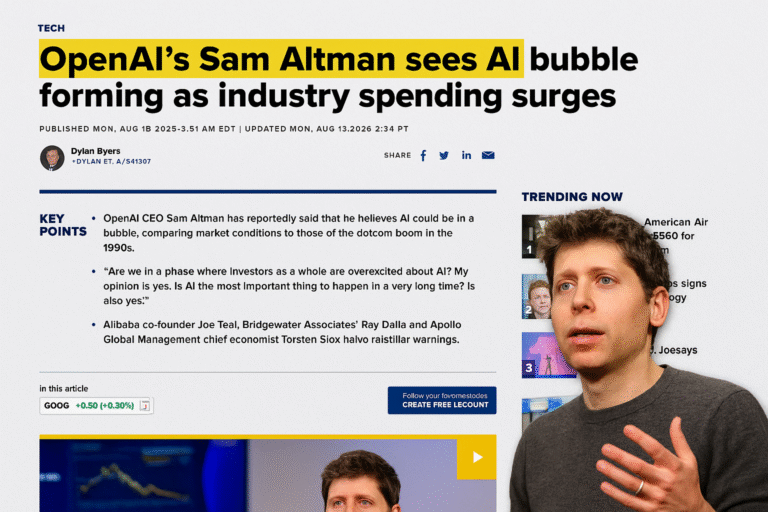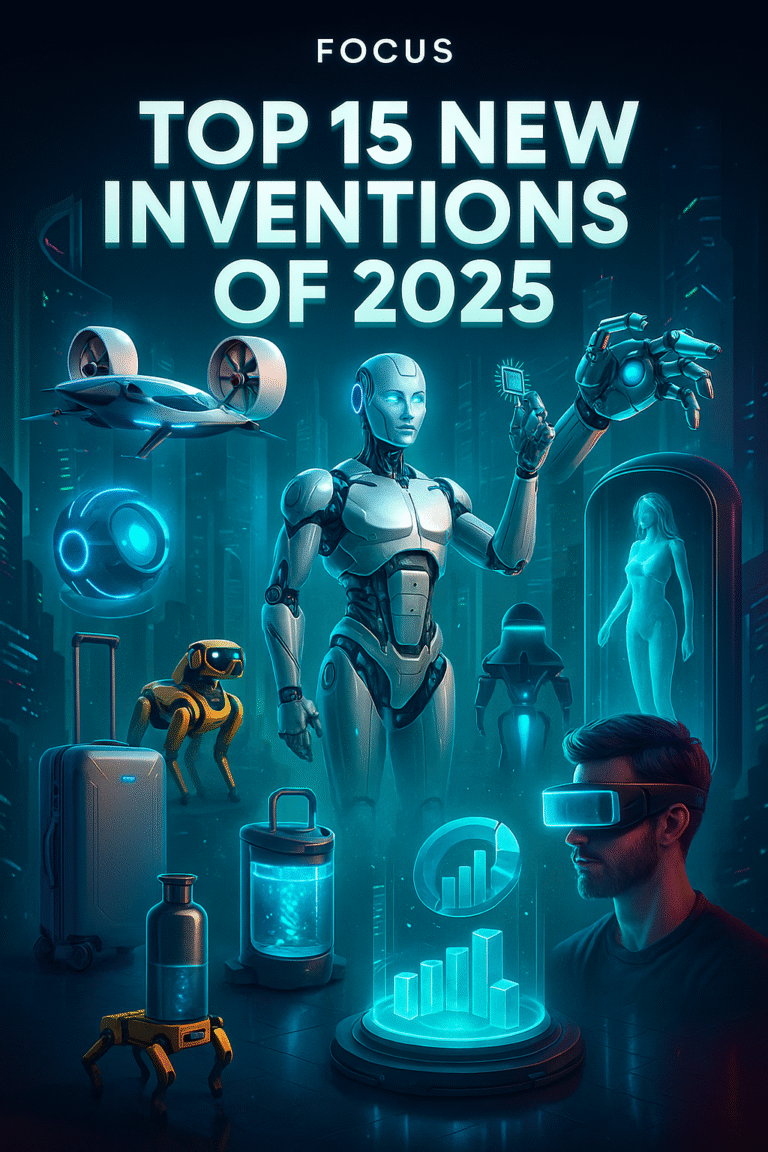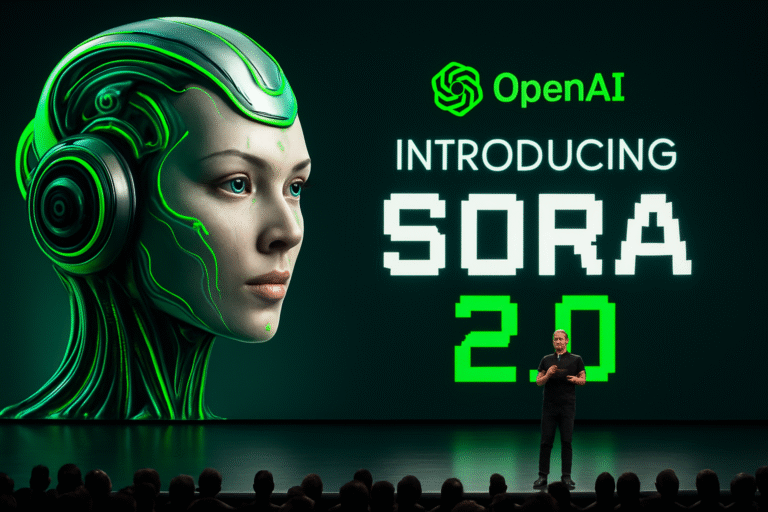
Credit: VentureBeat made with Midjourney
superintelligence is now in sight: Meta’s Vision
superintelligence is now in sight. That’s how Mark Zuckerberg begins his bold announcement, framing a new trajectory for Meta’s AI strategy—one sharply contrasted with rivals focused on automating work.
What Zuckerberg Means by superintelligence
Zuckerberg writes that Meta’s models are already showing early self‑improvement—a sign that true superintelligence could soon become a reality. He emphasizes the pace may be slow, but the progress is clear.
Rather than centralizing AI to automate high‑value labor, Meta envisions superintelligence as deeply personal—a tool to help individuals pursue creativity, solve complex problems, and enhance human relationships.
Personal Superintelligence vs. Automation‑First Approach
Meta’s philosophy diverges from competitors:
- Companies like OpenAI define AGI (artificial general intelligence) as systems that outperform humans at economically valuable work.
- Zuckerberg argues this “automation‑first” mindset turns superintelligence into a tool that displaces rather than empowers people.
- At Meta, superintelligence is built for you: personalized, context‑aware, and aligned with individual goals.
The Superintelligence Race: Strategy & Talent War
Meta Superintelligence Labs and Infrastructure Scale
On June 30, Meta announced the creation of a dedicated Superintelligence Labs, bringing together teams from FAIR, Meta AI, and GenAI under a unified banner.
Meta plans massive infrastructure investments—reports cite $64 B–$72 B for data centers in 2025 alone, as well as a giga‑site codenamed “Hyperion” capable of consuming 5 GW of power.
Poaching Elite Talent
Meta has aggressively recruited top AI minds from OpenAI, Anthropic, Google, Apple, and Scale AI, offering compensation packages up to $300 M over four years.
Former Scale AI CEO Alexandr Wang joined as Chief AI Officer, co‑leading the initiative with ex‑GitHub CEO Nat Friedman. Shengjia Zhao, a former OpenAI researcher and GPT‑4 co‑creator, is now Chief Scientist.
Pushbacks and Missed Offers
Not all recruitment efforts succeeded. The team of former OpenAI CTO Mira Murati reportedly rejected a $1 B offer, choosing mission alignment over Meta’s incentives.
Risks, Ethics & Open‑Source Debates
Zuckerberg acknowledges the safety and control challenges inherent in building superintelligence. He suggests careful consideration before open sourcing any foundational models.
In contrast to Meta’s previous open‑source AGI posture, the company now appears to favor a more strategic, proprietary mix—especially given the potential for misuse.
Concerns around AI’s existential risks—raised by figures like Geoffrey Hinton and Nick Bostrom—remain relevant as Meta increases its investment and ambition.
Business Implications & Market Response
Meta’s stock surged on the announcement, pushing its market cap past $1.8 T.
Advertising—a core revenue driver—stands to gain from AI enhancements. Meta’s generative tools have already lifted conversion rates by ~5%, with projected advertising gains of up to $28 B by 2030.
Still, internal critics caution that past failures—such as the costly metaverse initiative—may foreshadow execution challenges. Some researchers allege internal friction and unclear AI directives.
Linking Out & Internal Touchpoints
- For more on AGI ethics, see Nick Bostrom’s work and treatment of existential risk.
- Learn more about Meta Superintelligence Labs via its Wikipedia entry, including its founding and team structure.
Why superintelligence Matters?
Zuckerberg argues that superintelligence will be the pivotal technology of this decade—one that determines whether AI enhances individual agency or replace human roles en masse.
By focusing on personalized intelligence—embedded in devices like smart glasses—Meta seeks to embed AI into everyday life as an assistant, not a replacement.
Conclusion
From the very first sentence—superintelligence is now in sight—Zuckerberg is signaling a major strategic pivot for Meta. More than infrastructure or headlines, this is a narrative that reframes AI as personal empowerment, not job automation.
As ethical, operational, and cultural hurdles emerge, Zuckerberg is betting that individualized intelligence will define the next era of computing.
Stay tuned to our blog for updates on Meta’s superintelligence rollout and broader industry trends.


